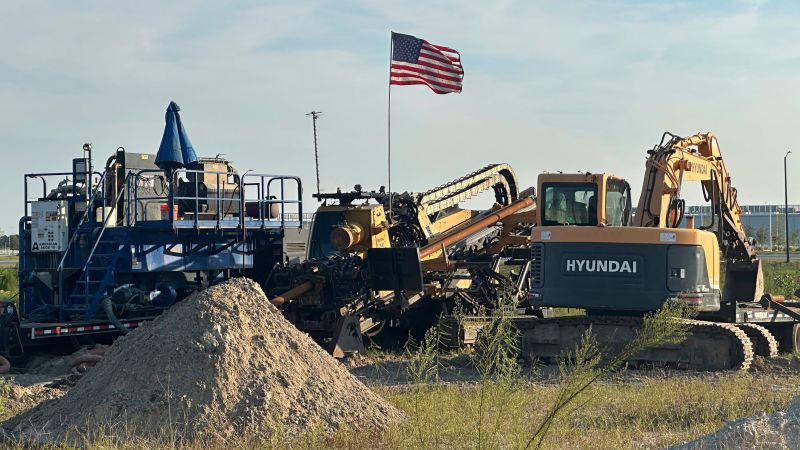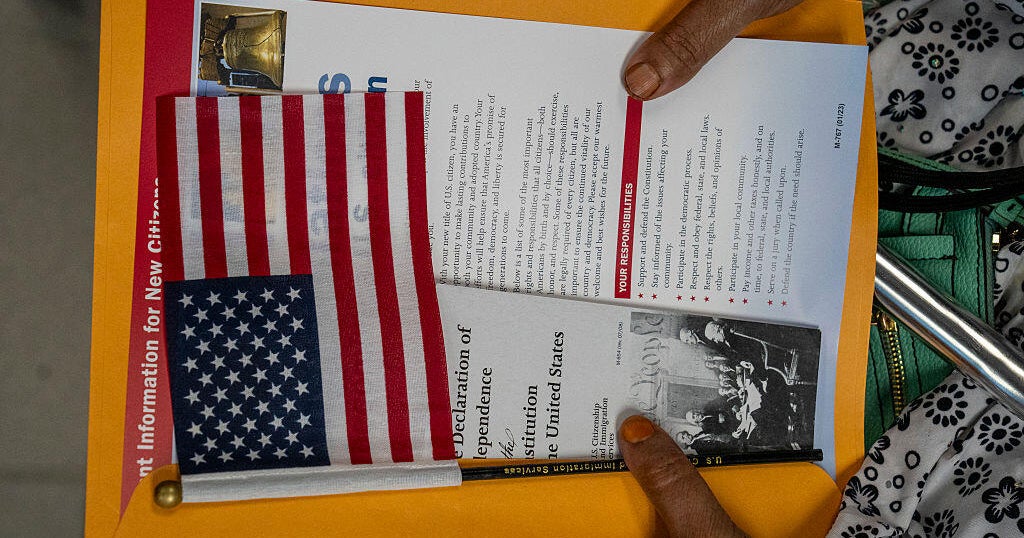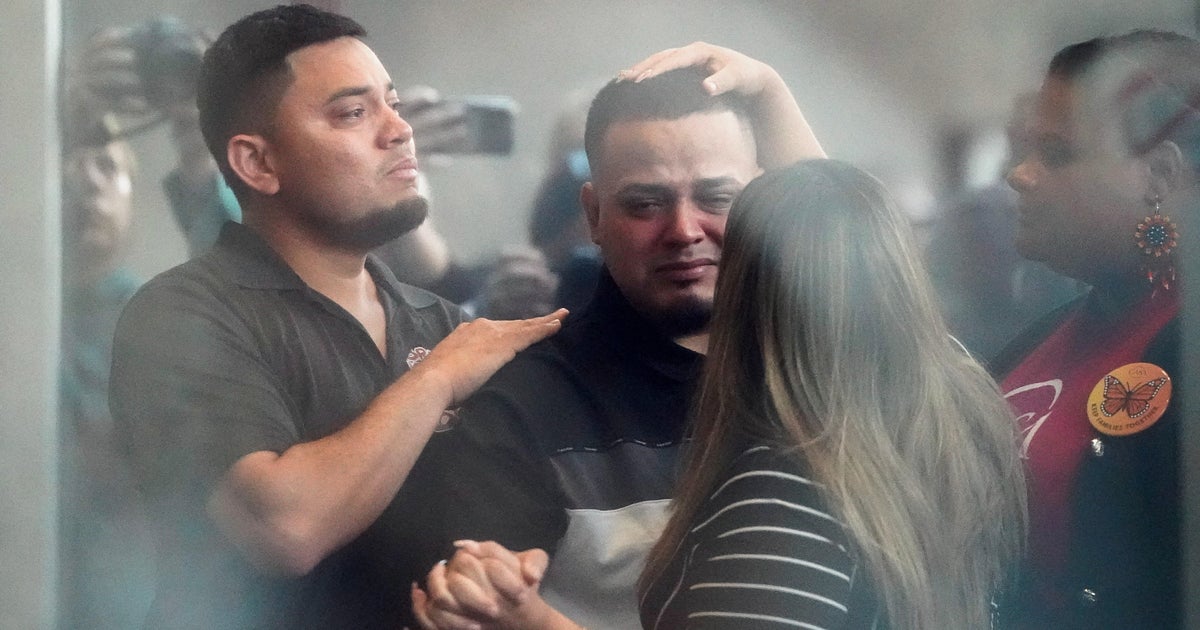Controversy Surrounding Proposed Reality TV Show 'American Dream' Highlights Immigration and Citizenship Issues
#reality tv #american dream #immigration #citizenship #controversy

About the Organizations Mentioned
Department of Homeland Security
The **Department of Homeland Security (DHS)** is a U.S. federal agency established in response to the 9/11 terrorist attacks to safeguard the nation from a wide range of threats including terrorism, natural disasters, cyberattacks, and border security challenges. Its core mission is to protect the American people, critical infrastructure, and uphold national security by coordinating efforts across government and private sectors. DHS oversees immigration enforcement, cybersecurity, emergency response, and counterterrorism initiatives. Formed in 2002, DHS consolidated 22 federal agencies to create a unified structure for domestic security. Its key components include the U.S. Customs and Border Protection, the Federal Emergency Management Agency (FEMA), and the Transportation Security Administration (TSA). Over the years, DHS has played a critical role in preventing terrorist attacks, enhancing airport security, responding to natural disasters like hurricanes and pandemics, and advancing cybersecurity protections for government and private sector networks. In recent years, DHS has shifted focus towards emerging threats such as unmanned drone attacks on infrastructure, cyber intrusions into financial and critical systems, and disruptions to supply chains. Strategic visions for 2025 and beyond emphasize technological innovation, integration of intelligence, and public-private partnerships to address these complex challenges. The agency’s budget reflects its broad mandate, with over $400 billion allocated for fiscal year 2025, underscoring its significant role in national security and emergency preparedness. Notably, DHS has faced scrutiny and calls for reform, especially regarding immigration enforcement and internal mission clarity. Recent directives have expanded immigration enforcement powers to other federal law enforcement agencies, reflecting policy shifts under different administrations focused on border security. For business and technology sectors, DHS represents a major government player driving innovation in cybersecurity, disaster response technology, and infrastructure protection, while navigating evolving threats in a complex geopolitical landscape. Its ongoing modernization efforts aim to enhance resilience and adapt to future security challenges.
Duck Dynasty
**Duck Dynasty** is a family-owned business and media franchise centered around outdoor hunting products, primarily duck calls, founded by Phil Robertson in 1972 in West Monroe, Louisiana[1][4]. Starting from humble beginnings where Phil crafted duck calls by hand from Louisiana cedar trees in a dilapidated boat, Duck Commander evolved into a multimillion-dollar enterprise that revolutionized the duck hunting industry[4][6]. Phil Robertson, a former college football quarterback and teacher, invented and patented the signature Duck Commander® duck call, launching the company that initially focused on producing high-quality hunting equipment[1][4]. Over the years, the business expanded beyond duck calls to include deer hunting merchandise (Buck Commander), fishing gear (Fin Commander), and turkey hunting products (Strut Commander), broadening its market footprint within outdoor sports[4]. The Robertson family’s rise to fame was propelled by the reality television series *Duck Dynasty*, which premiered on A&E in 2012. The show highlighted their family dynamics and Southern lifestyle, achieving massive popularity with record-breaking viewership—its fourth season premiere attracted 11.8 million viewers. This exposure transformed Duck Dynasty into a cultural phenomenon, with the family’s bearded charm and entrepreneurial spirit resonating widely[2][3][8]. The franchise generated approximately $400 million in merchandise sales and nearly $80 million in advertising revenue during its peak[2]. Today, the company remains a family affair, with Phil’s son Willie Robertson serving as CEO, overseeing both Duck Commander and its clothing spinoff Buck Commander. Other family members, such as Jase Robertson, contribute by handcrafting products and maintaining the company’s artisanal roots[3][7]. The brand has diversified into books, podcasts, video games, and additional television spin-offs, maintaining relevance in the outdoor recreation market[4]. Phil Robertson passed away in May 2025, marking the end of an era but the company continues under his family’s leadership, sustaining its legac















